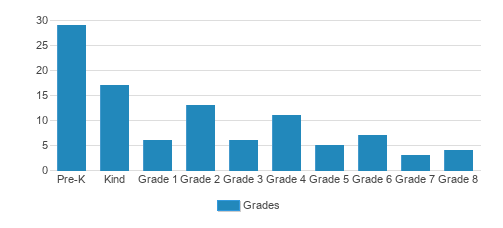School Overview
Student Body

Academics and Faculty
Tuition and Acceptance Rate
Extracurriculars
School Notes
The Tuller School was founded in Providence, Rhode Island, in 1927 by Dr. Abbie Loveland Tuller, a well-known educator who had received her doctorate at Harvard and had taught at Smith and Wilson Colleges and served as Dean of Women at Denison College.
Dr. Tuller left her collegiate work in order to write a course of study that she felt would give all students the opportunity to reach their individual potentials. This course of study is still used today at the two Tuller Schools, now located in Fairfield, Connecticut and Tucson, Arizona.
- The Tuller Method is a correlated pattern system devised to give
all students the opportunity to achieve their highest potential.
Students may progress at their individual rate of speed in small,
congenial groups of companions. The Tuller Method employs
textbooks, work outlines, and syllabi published by the Tuller
School Workshop. In addition, modern textbooks are integrated into
the courses of study. Small classes and individualized teaching are
emphasized.
After the first three years of elementary work, the Tuller Correlated Pattern Plan combines group instruction with individual adjustment and progress and is so arranged that the work for each group in all subjects is planned around a single unit project. When appropriate, diagnostic and remedial work is also given.
- Before and after school programs are also provided.
Frequently Asked Questions
When is the application deadline for Abbie Loveland Tuller School?
Recent Articles










